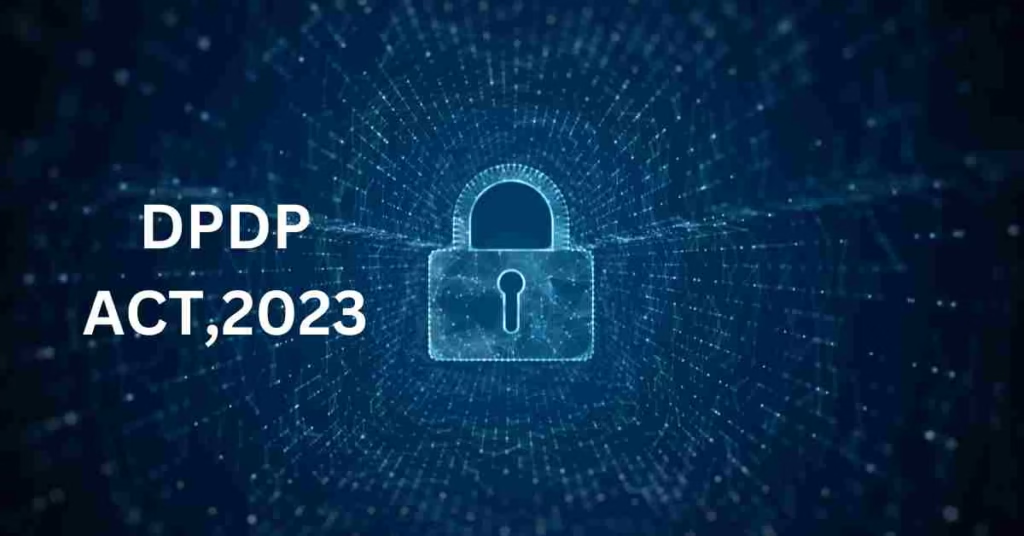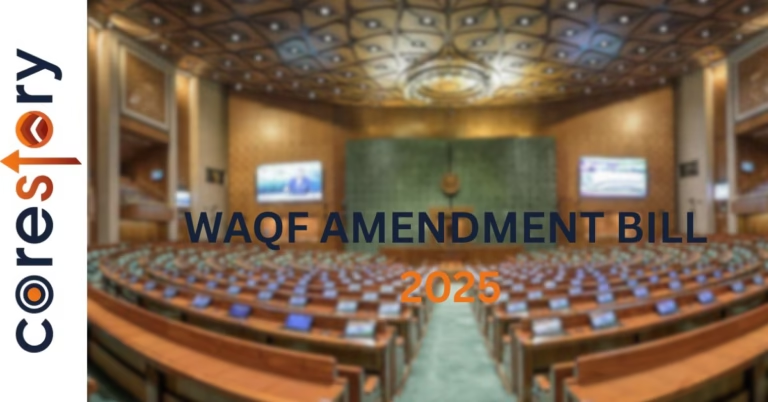
Understanding the Digital Personal Data Protection Act India 2023
The Digital Personal Data Protection Act India 2023 is a landmark legislation designed to regulate the collection, processing, and storage of personal data in India. This law aims to enhance data privacy, strengthen compliance measures, and impose stringent penalties for violations. With businesses increasingly relying on digital interactions, this Act ensures individuals have better control over their personal data.
Key Provisions of the Digital Personal Data Protection Act India 2023
- Consent-Based Data Processing: Organizations must obtain explicit consent from individuals before collecting or processing their personal data.
- Right to Data Access and Correction: Individuals have the right to access, correct, and erase their data as per their preference.
- Data Localization Requirements: Certain categories of sensitive data must be stored within India to enhance national security.
- Obligations for Businesses: Companies must appoint data protection officers, conduct impact assessments, and ensure compliance with the Act.
- Penalties for Non-Compliance: The law imposes heavy fines for data breaches, unauthorized data processing, and non-compliance.
How the Digital Personal Data Protection Act India 2023 Affects Businesses
Companies operating in India or handling Indian citizens’ data must align their data policies with the DPDP Act, 2023. This involves updating privacy policies, implementing strong cybersecurity measures, and ensuring customer data protection at all levels.
Failure to comply with these regulations can lead to severe financial penalties and reputational damage. Organizations need to train employees on data protection norms and establish robust data security frameworks.
Also Read: Workforce Mobilisation in India: L&T Chief Highlights Key Challenges
Impact of the DPDP Act, 2023 on Individuals
For individuals, the DPDP Act, 2023 introduces greater transparency and security in handling personal data. Users now have the right to withdraw consent, request data deletion, and demand accountability from companies handling their information.
Compliance Requirements Under the DPDP Act, 2023
Businesses must adopt the following measures to comply with the DPDP Act, 2023:
- Implement strong encryption and security protocols.
- Appoint a dedicated Data Protection Officer (DPO).
- Conduct regular audits and risk assessments.
- Maintain transparency in data collection and processing.
- Provide clear opt-in and opt-out mechanisms for users.
The DPDP Act, 2023 marks a significant step towards ensuring data privacy and security in India. Both businesses and individuals must understand their rights and responsibilities under this Act to avoid legal complications and protect personal data effectively. As India strengthens its data protection framework, compliance with this law will be crucial for organizations operating in the digital landscape.





1 thought on “Digital Personal Data Protection Act India 2023”